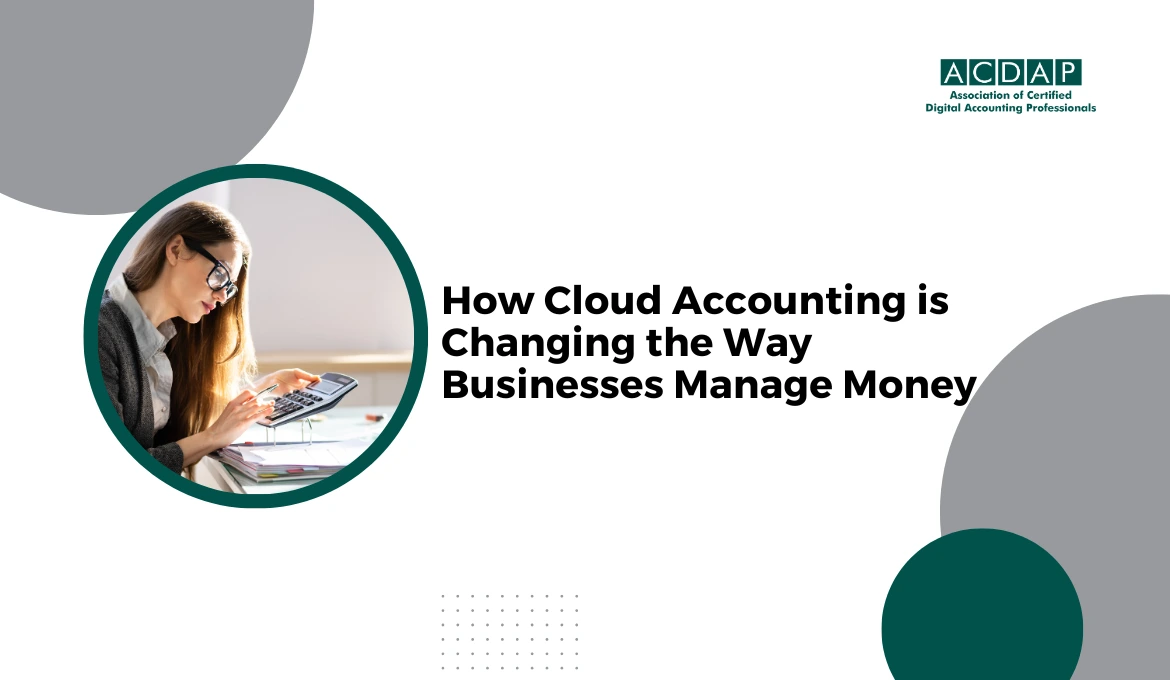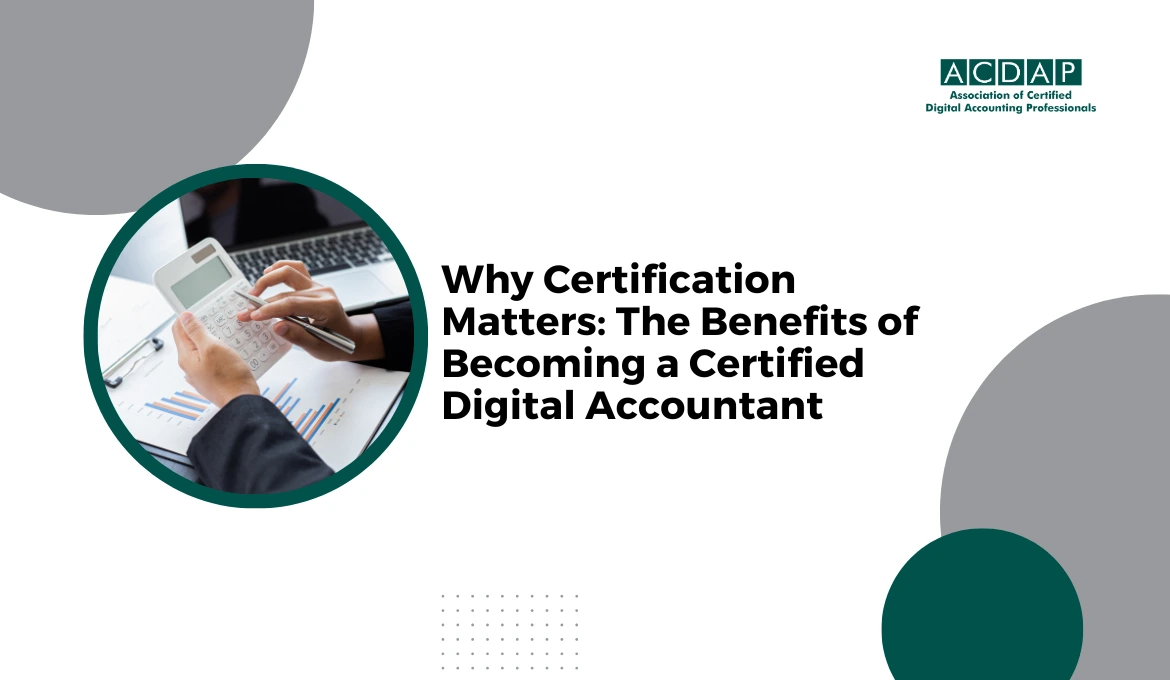In the fast-paced digital age, businesses increasingly use technology to streamline operations and enhance decision-making processes. Digital accounting, facilitated by advanced software and tools, has revolutionised managing and analysing financial data. This blog explores the benefits of embracing digital accounting for more informed and intelligent financial decision-making.
The Evolution of Digital Accounting
Traditional manual accounting processes have given way to digital accounting, driven by the advent of powerful software and cloud-based solutions. These technological advancements have automated many tasks that were previously time-consuming and error-prone. Digital accounting has shifted the focus from data entry to data analysis, allowing businesses to harness financial data for strategic decision-making.
Efficiency and Accuracy through Automation
One of the primary advantages of digital accounting is the automation of routine tasks. Software platforms like QuickBooks, Xero, and FreshBooks offer features that automatically record transactions, categorise expenses, and reconcile accounts. This automation reduces human error risks and frees up valuable time for finance teams to engage in more value-added activities, such as financial analysis and forecasting.
Real-time Insights for Timely Decisions
Digital accounting provides businesses with real-time insights into their financial performance. With up-to-date data readily available, decision-makers can promptly assess their company's financial health and respond to emerging opportunities or challenges. This real-time visibility empowers businesses to make informed decisions based on current information, enhancing their competitive edge.
Data-Driven Decision-making
Digital accounting generates a wealth of data that can be harnessed for data-driven decision-making. Advanced reporting and analytics tools within digital accounting software enable businesses to create customised reports, visualise trends, and identify patterns. By analysing these insights, companies can make strategic decisions that align with their goals, optimise resource allocation, and seize growth opportunities.
Enhanced Collaboration and Accessibility
Cloud-based digital accounting solutions foster collaboration among teams by providing remote access to financial data. This is valuable for businesses with multiple locations or remote teams. Authorised users can securely access the same data from anywhere, ensuring everyone is on the same point regarding financial information. This accessibility promotes efficient teamwork and facilitates better communication for more informed decision-making.
Empowering Financial Forecasting
Digital accounting takes financial forecasting to new heights. Businesses can create more accurate and reliable forecasts with historical and real-time data. Forecasting models can be built upon comprehensive financial information, enabling companies to anticipate market trends, plan for various scenarios, and allocate resources strategically. This proactive approach enhances risk management and ensures the company is well-prepared for the future.
Seamless Integration and Scalability
Another notable advantage of digital accounting is its ability to integrate with other business systems. Whether it's CRM software, inventory management tools, or e-commerce platforms, digital accounting systems can seamlessly integrate with these systems. This integration streamlines processes, reduces manual data entry, and minimizes the chances of errors due to data transfer. As businesses grow and evolve, digital accounting solutions can scale accordingly, accommodating increased data volume and complexity.
Security and Compliance
Financial data is sensitive and subject to various regulations and compliance standards. Modern digital accounting solutions prioritize data security and compliance by implementing encryption, access controls, and regular backups. This safeguards the financial information and ensures that the business meets industry-specific and legal requirements.
Sustainability and Environmentally-Friendly Practices
Embracing digital accounting contributes to sustainability efforts. The reduction in paper usage associated with manual accounting minimises costs and aligns with eco-friendly practices. Going digital also reduces the carbon footprint associated with paper production and transportation. By adopting digital processes, businesses can demonstrate their commitment to environmental responsibility while streamlining their operations.
The Bottom Line
The benefits of embracing digital accounting for more intelligent financial decision-making are undeniable. From automation and accuracy to real-time insights and data-driven decisions, the digital landscape has redefined how businesses approach their finances. The potential for even greater integration, analysis, and strategic planning through digital accounting becomes increasingly apparent as technology advances.
The digital era has ushered in a new generation of accounting that transcends manual processes and empowers businesses to leverage their financial data for transformative decision-making. By embracing digital accounting, companies can master their numbers, optimise their operations, and pave the way for a financially sound and prosperous future.


























